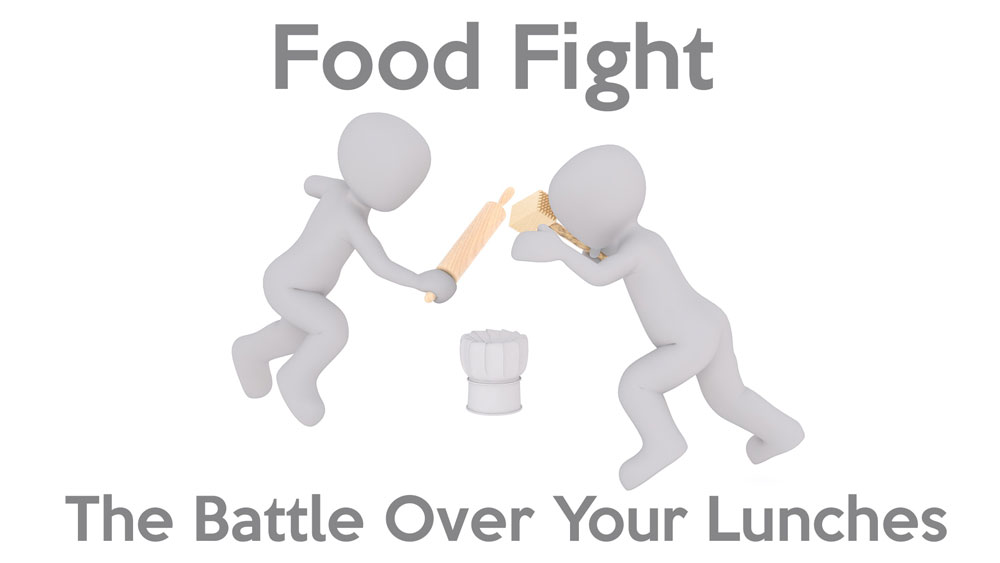The school day is defined in child nutrition by law, and it states that the school day begins the midnight before school starts and 30 minutes past the last bell. Food or beverages served during these hours have to abide by a set of regulations set for competitive foods. Competitive foods are defined by foods or drink items that are sold by other organizations or companies besides the school cafeteria during a school day.
In recent years, organizations have not been fully complying with these regulations, but not much has been done to correct this.
“We have what’s called administration regulations that guide us in decision making about foods as long as its not a food, like if you’re selling ice cream and our cafeteria services are also selling ice cream, it can’t be sold during the same [time],” describes Assistant Principal Todd Lacey. “So typically we have items that are sold during lunches that are not in direct competition with our food service.”
“For example, the Bahama Bucks, we don’t really have anything in our food service already that serves that product so during lunch time they can sell it,” describes Lacey about Bahama Bucks. “So they take their money and they work with which ever department is bringing forth Bahama Bucks to try to raise money for their department, whatever it is they get a portion of it.”
Ever since the school has been built, organizations have started fundraisers to raise money for their program, but they often do not comply with regulations.
“I know its been a struggle in Keller ever since I’ve been here and we understand that students need to make money for their clubs but we’ve got to change how we’re doing that,” describes Mckensie Montgomery, a dietitian in the district. “We have to talk to our vendors and say we have to meet these guidelines or we won’t receive federal funding, and this federal funding helps us pay for a lot of things at the school and we rely on that money.”
If complaints have been received about the competitive foods not being in regulation, the administrations would contact Sodexo, the food service who the district works with, and the information regarding the regulations would be brought to the attention of the organizations.
“We do understand that the Woolley’s Ice Cream is good and you guys are going to come and buy it, we get it, but once we start putting regulations, you probably aren’t going to like that ice cream as much. Clubs are still doing it and are just not compliant. Our job is to share the regulations with the administration, but we are not the food police,” explains Sodexo Chef Leo Wilford regarding competitive foods being non-compliant.
“We would not come out and shut Woolley’s down, we are not going to come and shut Chick-fil-A down, that’s not what we do,” Wilford said. “We regulate our cafeterias and we have to make sure our cafeterias are performing. As far as what’s being sold out there, we’ll share the regulations and hopefully the clubs will follow through.”


One thought on “Food Fight: The Battle Over Your Lunches”